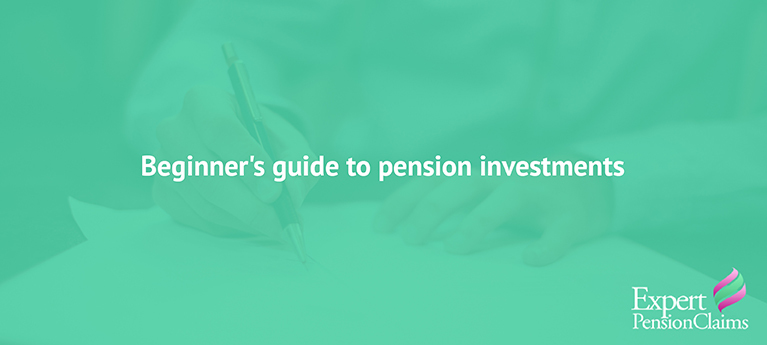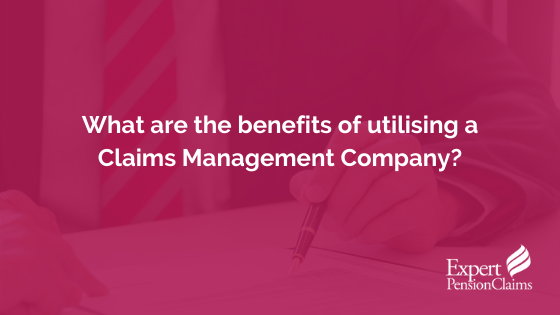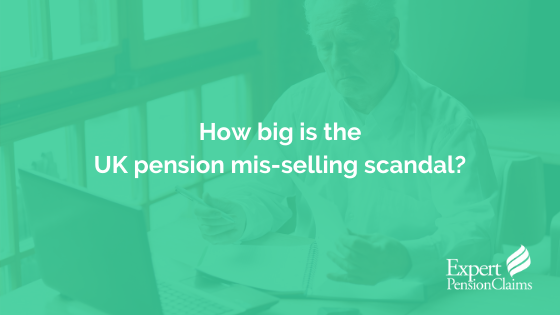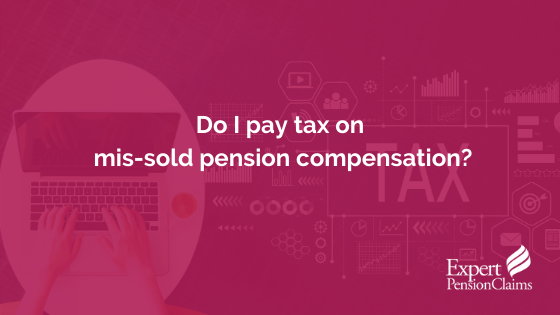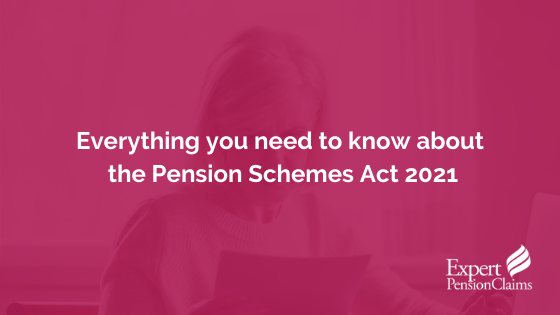With so many different pension investments out there, it can be understandably confusing whether you’re a layman or not. From stakeholder pensions to SIPPS, there is a vast selection of pension investments on offer these days, and each has its distinguishing set of benefits.
If you’re closing in on retirement and you want to assess your options or you are years away and simply browsing, use our beginner’s guide to pension investments to avoid becoming a victim of pension mis-selling.
Different kinds of pension investments explained
Here’s an explanation of some of the more common pension investments available today.
Workplace pension schemes
This is the standard work pension scheme wherein you and your employer both make regular monthly payments towards your retirement pot. The money is invested by a pension company until the time comes for you to receive it. Workplace pensions are a type of ‘defined contribution pension’, which is the most common type of pension.
State pension
The state pension is the pension you get from the government once you reach state pension age, and you don’t usually get this automatically. You have to claim it.
Stakeholder pension schemes
Like workplace pension schemes, a stakeholder pension a defined contribution scheme where the retirement value based on how much you pay in over time. Stakeholder schemes are arranged between the individual and their pension provider. Stakeholder pension schemes are accessible to everyone regardless of whether the individual is in full-time employment or not.
Self-invested personal pensions (SIPPs)
SIPPs are pension schemes which allow you to fully take control of your pension scheme and choose your own investments. If you’re prepared to do a little legwork, they can be really worth it. Thinks of SIPPs as a pension ‘wrapper’ that keeps investments safe until you retire and can withdraw your savings. You can either manage your investments on your own (this is where you’ll be doing the majority of the legwork) or you can hire an authorised investment manager to look after your investment).
With a SIPP, you can invest in numerous assets, including:
- Unit trusts
- Insurance company funds
- Commercial property
- Investment trusts
Final salary (or ‘defined benefit’)
Often referred to as both ‘final salary’ and ‘defined benefit’ schemes, these pensions are almost always arranged by your employer. How much you end up receiving will rely on your salary, how much you’ve worked for the employer, and a separate calculation made under the regulations outlined on your pension scheme.
Pension FAQs
To ensure that you have all the information you need, we’ve collated a little frequently-asked-questions section for you to peruse.
What happens if I no longer have a job or choose to take a career break?
Most reputable pension providers are flexible and will allow you to reduce (or even halt) your payments until you’re ready for them to resume.
Are there any particular risks involved with having a pension plan?
There are some risks, but as long as you receive regulated and reliable advice then the rewards will outweigh any risks incurred. When investing in a pension plan, your money goes into investment various funds (anything from the stock market to commercial property). So, as with any investment, your returns may go up or down.
If I claim my work pension will that affect my state pension?
Because your state pension is based on the history of your national insurance contributions, it is separate from any private work pensions you have. You will have to inform the Department for Work and Pensions (or your local council) if you do choose to take some, or all, of your work pension.
So, when should I start saving?
Saving for retirement isn’t everybody’s first priority, but the sooner you start the better. By starting sooner, you’ll be giving your money more of a chance to grow over the long-term. Left until your 30s or 40s, you will have to save a great deal more because you missed out on that 10-year head start.
Invest in your future today
It’s vital that you start saving as soon as possible. If you would like more information around pensions, or you think you may have been mis-sold a pension scheme, call us on 0161 968 0768 and we’ll be happy to offer mis-sold investment advice. You can even start a claim in as little as 30 seconds anywhere on our website.


